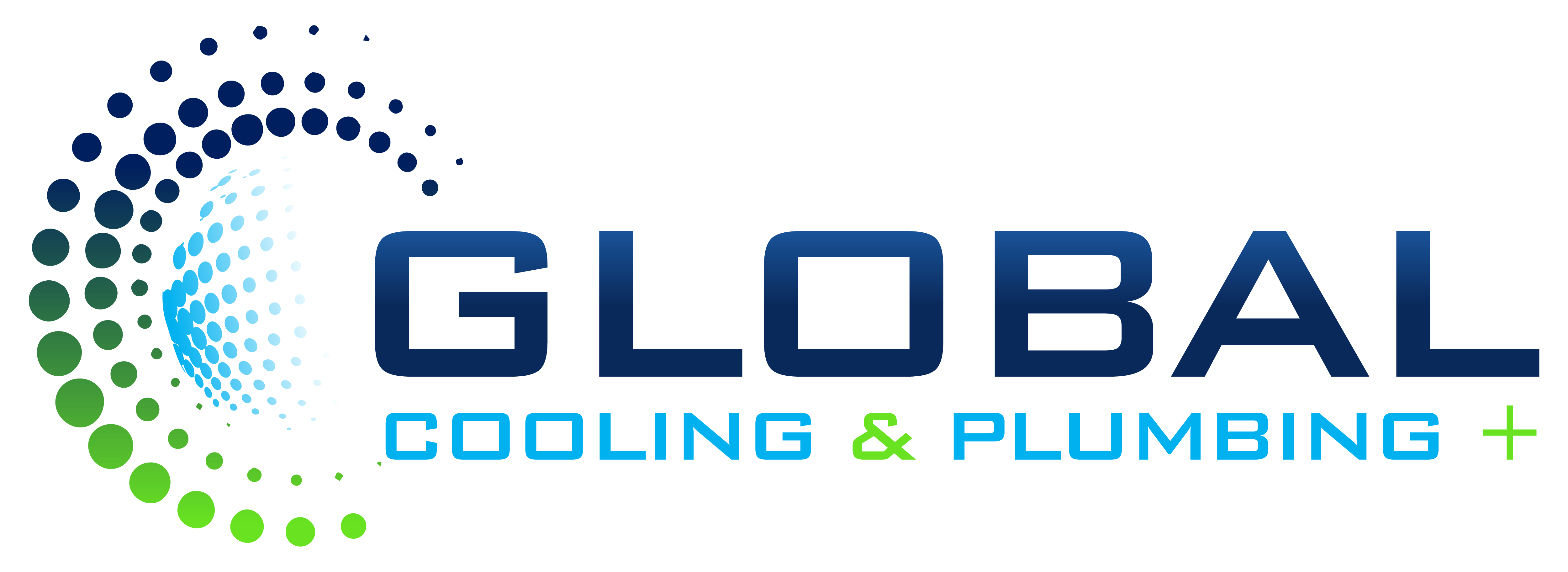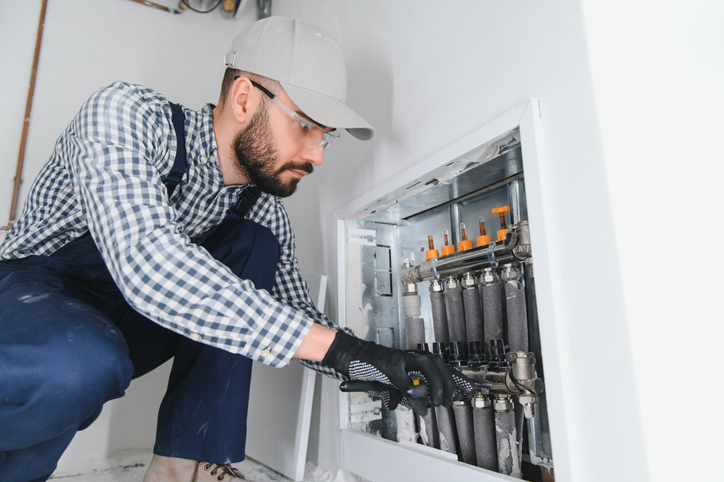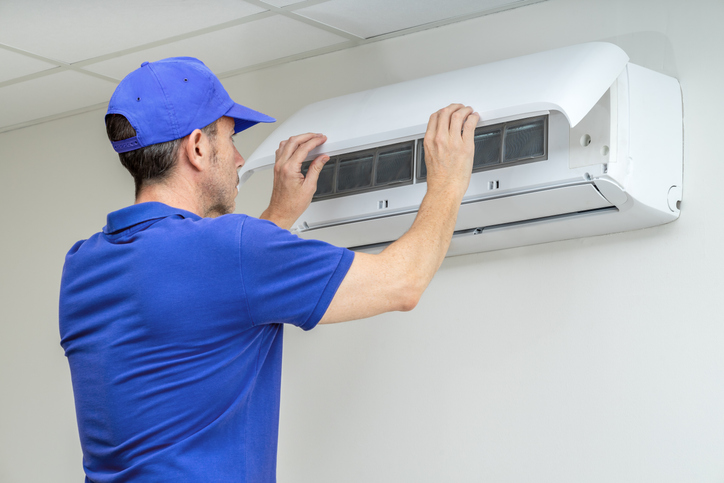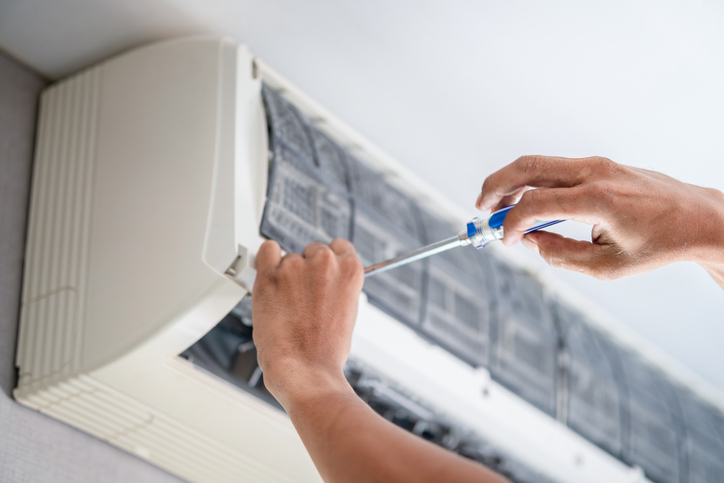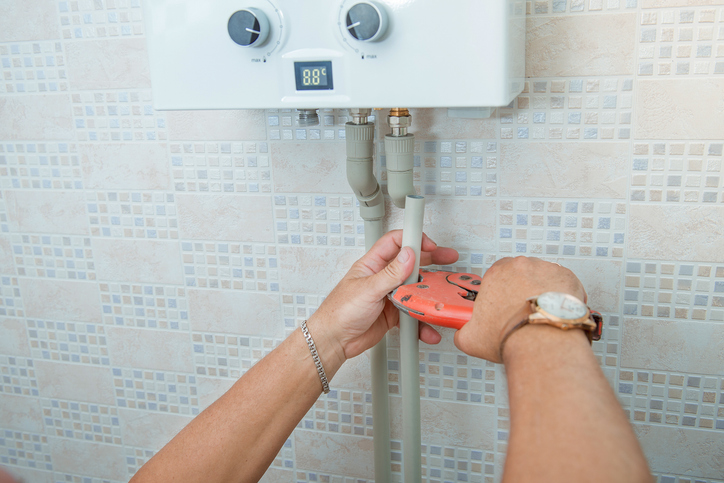Your home’s heating unit plays a crucial role in keeping you warm and comfortable during colder months. However, as your system ages, you may start noticing signs of inefficiency, rising energy costs, and inconsistent heating. Deciding whether to repair or replace your heating system can be challenging, especially when considering the upfront costs of a new unit. While minor issues can often be fixed, some signs indicate that a full replacement is the best long-term investment. Understanding the factors that affect your system’s performance can help you make an informed decision. This guide explores the critical aspects to consider when determining whether you need a new system.
1. Your Heating Unit is Over 15 Years Old:
Age is one of the biggest factors in determining whether to replace your heating unit. Most furnaces and heat pumps have a lifespan of 15 to 20 years, depending on maintenance and usage. As systems age, their efficiency declines, leading to higher energy consumption and frequent breakdowns. Older units often struggle to keep up with heating demands, resulting in uneven temperatures and discomfort. If your system is approaching or has exceeded its expected lifespan, replacing it with a newer, more energy-efficient model can provide long-term savings and improved performance. Even if your current unit is still functioning, an upgrade could significantly reduce your energy bills and enhance home comfort.
2. Frequent Repairs are Adding Up:
If you find yourself calling for repairs multiple times a year, it may be a sign that your system is nearing the end of its lifespan. While occasional maintenance and minor fixes are normal, constant breakdowns indicate underlying issues that may not be cost-effective to repair. The cost of frequent service calls, replacement parts, and labor can quickly add up, surpassing the price of a new system. If the system requires extensive repairs that amount to half or more of the cost of a new unit, replacement is the more economical choice. Investing in a new system eliminates the hassle of continuous repairs and ensures reliable heating throughout the winter.
3. Rising Energy Bills Despite Regular Maintenance:
A sudden or consistent increase in energy bills without a change in usage is a strong indication that your system is losing efficiency. Over time, wear and tear on essential components force the system to work harder to produce the same level of warmth. Even with proper maintenance, older heating units struggle to operate efficiently, leading to wasted energy and higher monthly costs. Modern systems are designed with advanced technology to optimize performance and reduce energy consumption. Upgrading to a high-efficiency furnace or heat pump can significantly lower your heating costs, making replacement a financially sound decision in the long run.
4. Uneven Heating Throughout Your Home:
If some rooms in your home feel too warm while others remain cold, your heating unit may be struggling to distribute heat evenly. Inconsistent temperatures can result from several factors, including ductwork problems, aging components, or an undersized unit. An inefficient system may run longer cycles or fail to provide adequate airflow, leading to discomfort and frustration. While some issues can be resolved with ductwork inspections or thermostat adjustments, persistent uneven heating often signals that the system is no longer capable of efficiently warming your home. A properly sized and functioning heating unit ensures balanced comfort in every room.
5. Your System Makes Strange Noises or Emits Odors:
Unusual sounds such as banging, rattling, or whistling coming from your system are often a sign of internal issues. These noises can indicate problems like loose components, worn-out bearings, or even a failing blower motor. While some minor sounds can be fixed with repairs, loud or persistent noises suggest that the system is struggling to function properly. Additionally, strange odors, such as a burning smell or musty scent, can indicate overheating, mold buildup, or gas leaks. Ignoring these warning signs can lead to safety hazards and costly breakdowns. Replacing your system ensures smooth and quiet operation while eliminating potential risks.
6. Poor Indoor Air Quality and Excessive Dust:
A failing system can negatively impact indoor air quality, leading to respiratory issues, allergies, and excessive dust accumulation. Older systems often struggle to filter out pollutants, circulating dust, pet dander, and other allergens throughout your home. If you notice an increase in allergy symptoms, dry air, or musty odors, your system may no longer be effectively purifying the air. Upgrading to a new unit with advanced filtration and humidity control features can significantly improve indoor air quality. A modern heating system enhances comfort by maintaining proper humidity levels and reducing airborne contaminants.
Investing in a modern unit enhances indoor air quality, improves safety, and ensures reliable warmth during the winter months. While the upfront cost of replacement may seem significant, the long-term benefits far outweigh the expense. By assessing the condition of your current system, you can make a well-informed decision that best suits your home’s needs.
If you’re unsure whether to repair or replace your heating system, schedule a professional inspection from us at Global Cooling & Plumbing+. We will evaluate your system and recommend the best solution for your home’s comfort and efficiency. Call us at (830) 992-7887!
